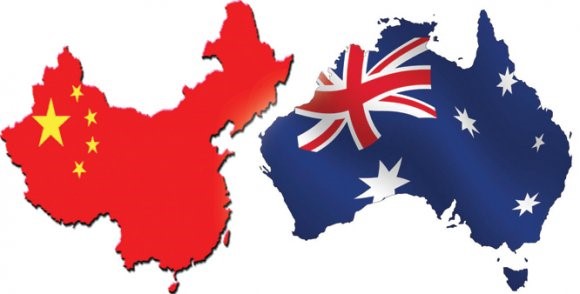As 2022 draws to a close, there is a sense of optimism around the trading relationship with China as Australia’s Foreign Minister Penny Wong makes the first ministerial visit there in more than three years. In recent months we have reported on hurdles caused by Covid and typhoons and, while supply chain disruptions still exist, we can tackle them with renewed vigour in 2023.
As Ms Wong embarked on her visit, The Global Times, a Chinese government-backed media outlet, said in its editorial that the two countries’ relationship was “starting to warm up from the freezing point.” And according to a Sky News article, China’s Customs Department has officially encouraged consumers to buy Australian products including lobsters, ugg boots and pearls, noting that China has been Australia’s “largest trading partner for 13 years” and saying its products are “widely enjoyed by Chinese consumers”.
In another positive move, early this month the Chinese government released a 10-point plan to significantly ease back on their “zero-tolerance approach” to Covid. According to reports, some Chinese cities have toned down controls following widespread anti-lockdown protests; in Beijing, Shenzhen and Shanghai, PCR testing for commuters using public transport has been scrapped.
The loosening of Covid restrictions in China has coincided with a surprising uptick in shipping demand. There will of course be some lag-time until the full effects flow through to industry and financial analysts expect China’s reopening – defined as a shift away from lockdowns – to come in the second quarter of 2023.
Policy change has already taken place in Tianjin, Chengdu and Chongqing, while some communities have been told they can now quarantine at home instead of a government facility. Major trade hubs such as Shanghai and Beijing, after responding to waves of omicron-driven infections, require workers to have negative Covid tests to enter public spaces.
When it comes to manufacturing, China has forced some companies to operate within a closed-loop system – similar to the “bubble” strategy – where factory workers live on-site. Companies such as Tesla and iPhone manufacturer Foxconn have had to implement closed-loop systems.
The demanding quarantine and testing rules have thwarted truckers on roads as well, driving up the amount of time it takes for goods to get to Chinese ports for export. These issues come on the back of poor weather, energy shortages, labour challenges and abnormal demand patterns that have also added to supply chain disruptions.
Over the past two years there have been recurring incidences of empty container shortages. There are now reports of empty containers piling up at Chinese ports including Guangzhou, Yantian, and Shekou. This is a reversal of last year’s equipment shortages which resulted from a pandemic-induced cargo boom. This year, trailer drivers who bring loaded containers to the terminal no longer pick up empty containers on their way out because there has been decreased demand from shippers.
For goods entering China, some container lines have advised customers of restricted bookings for shipments due to arrive at ports in south China over several weeks in early 2023. This has been prompted by South China and Hong Kong feeder operators announcing temporary service suspensions through next month due to Covid-19 quarantine requirements for ship crews. According to industry sources, those transhipment complications are expected to run from late December through to mid-February.
Next month’s Chinese New Year holiday (21 to 27 January 2023) is expected to cause more delays than usual, due to the continued difficulty workers have in travelling between cities and provinces, which result in long delays in returning to work. Indeed, some forwarders have reported many factories are likely to close two-weeks earlier than usual for this reason. We will bring you a further update at that time.
Talk to us here at Colless Young for logistics strategies and solutions. As licensed Customs Brokers and International Freight Forwarders, we offer professional service and advice on all your international trade and shipping requirements. Colless Young provides a complete range of import and export logistics services, both air and sea cargo, at all major Australian ports and airports. Call us for updated shipping schedules and freight rates.

